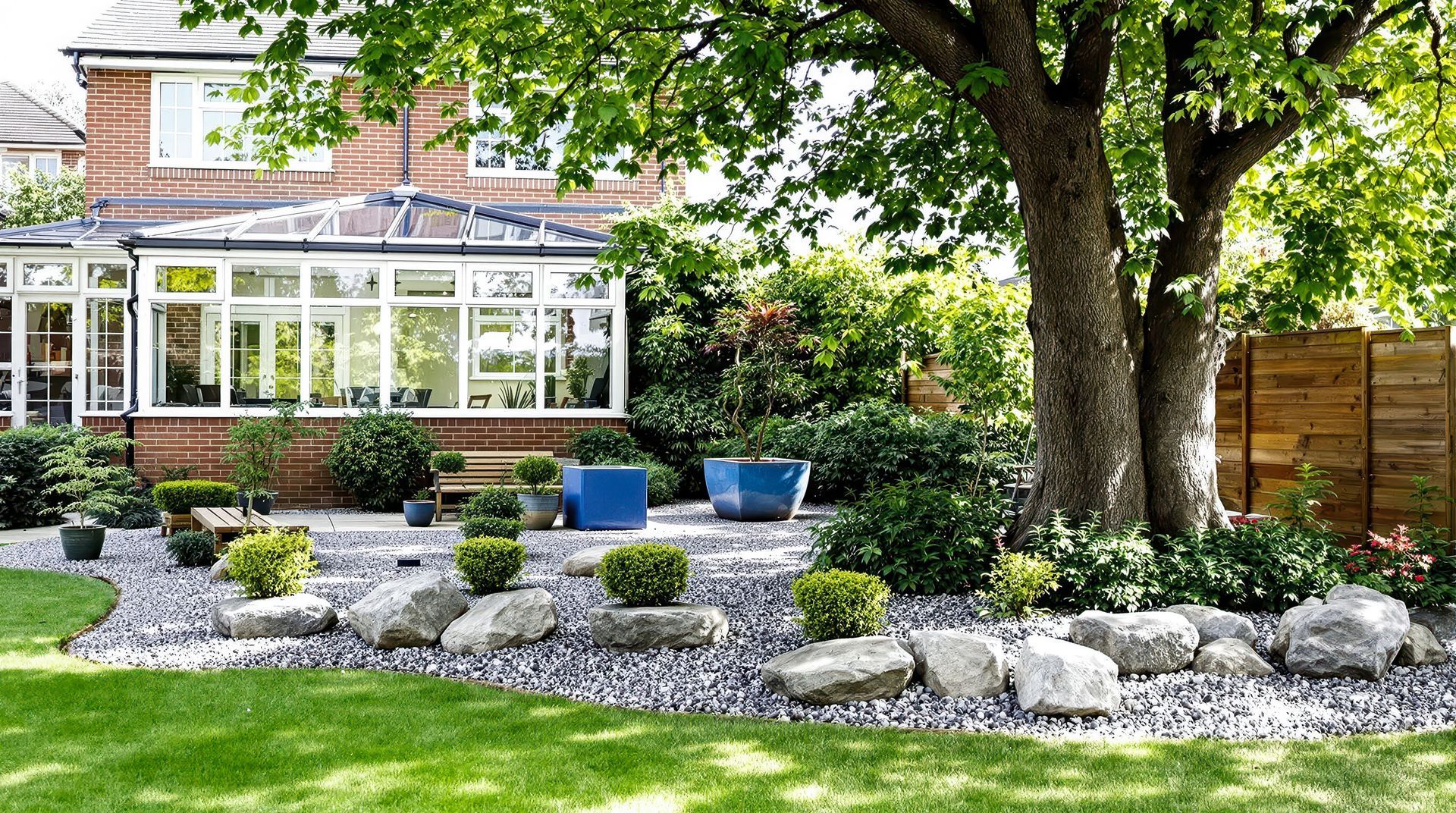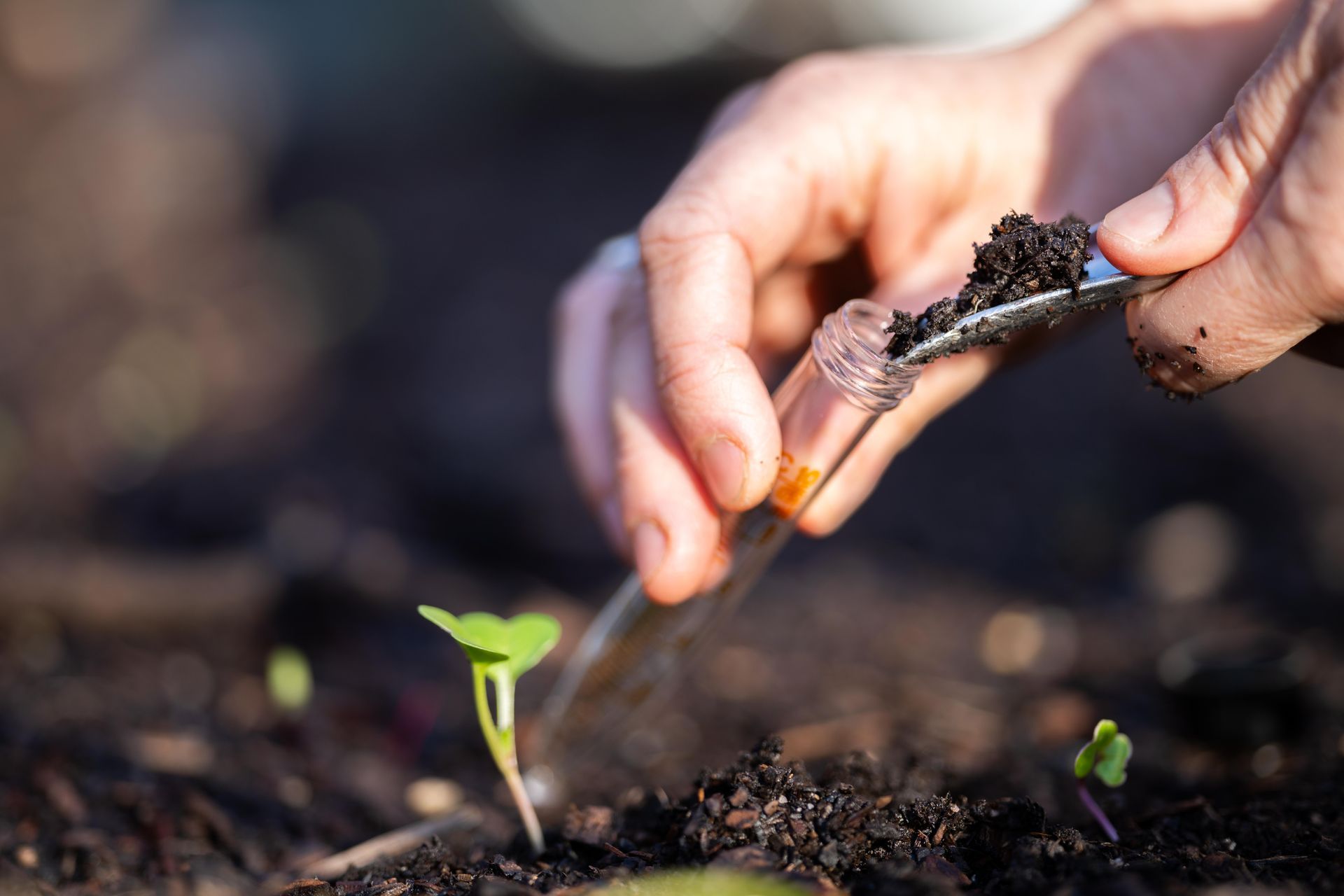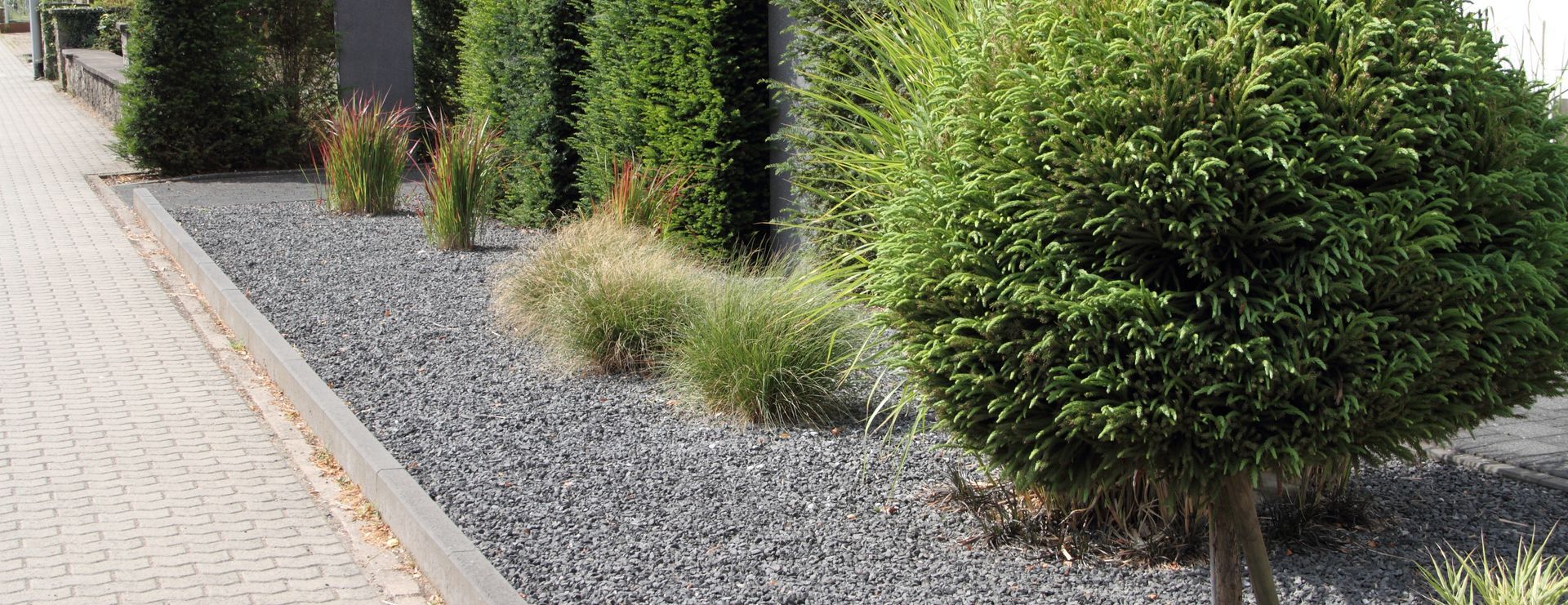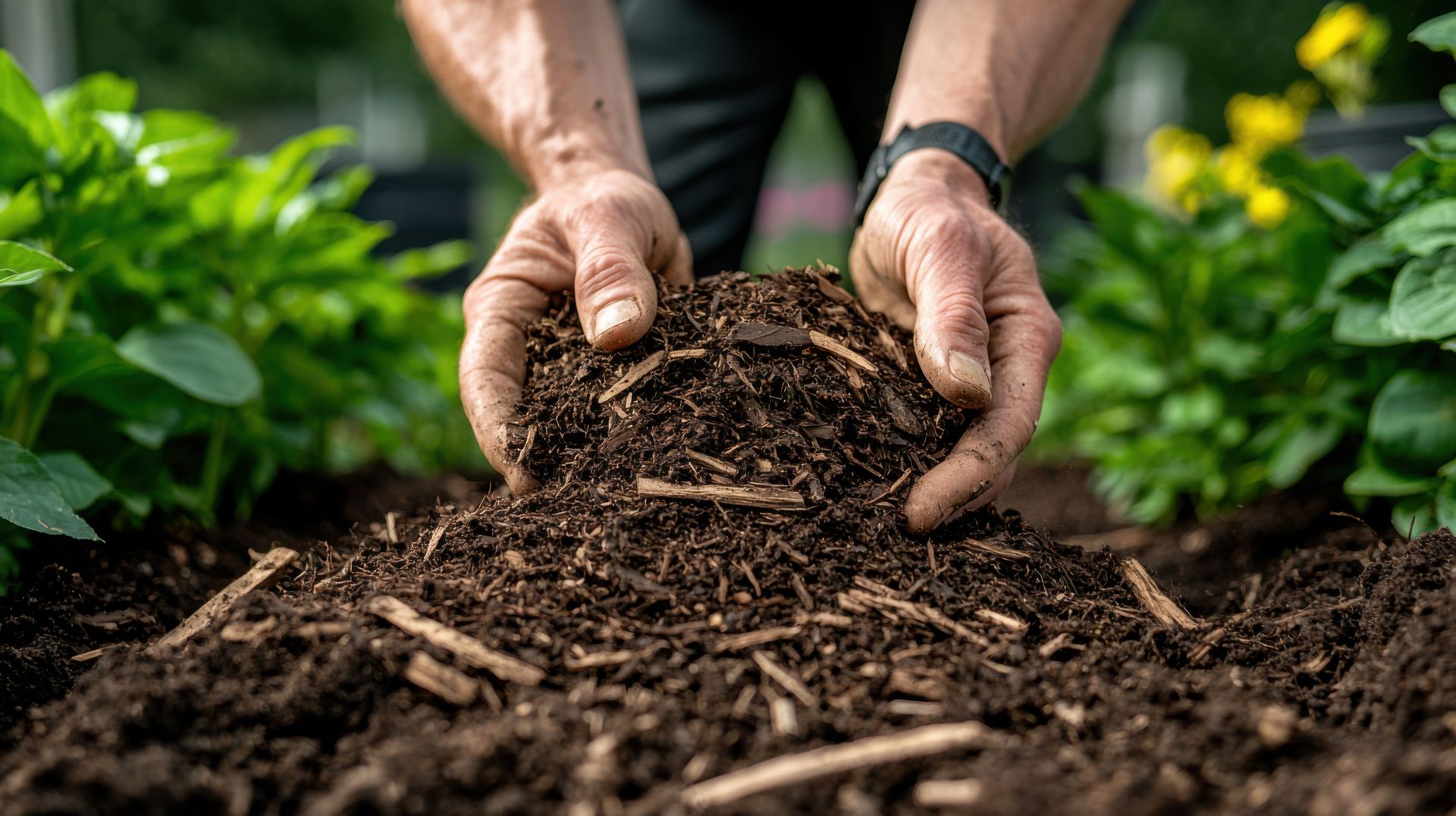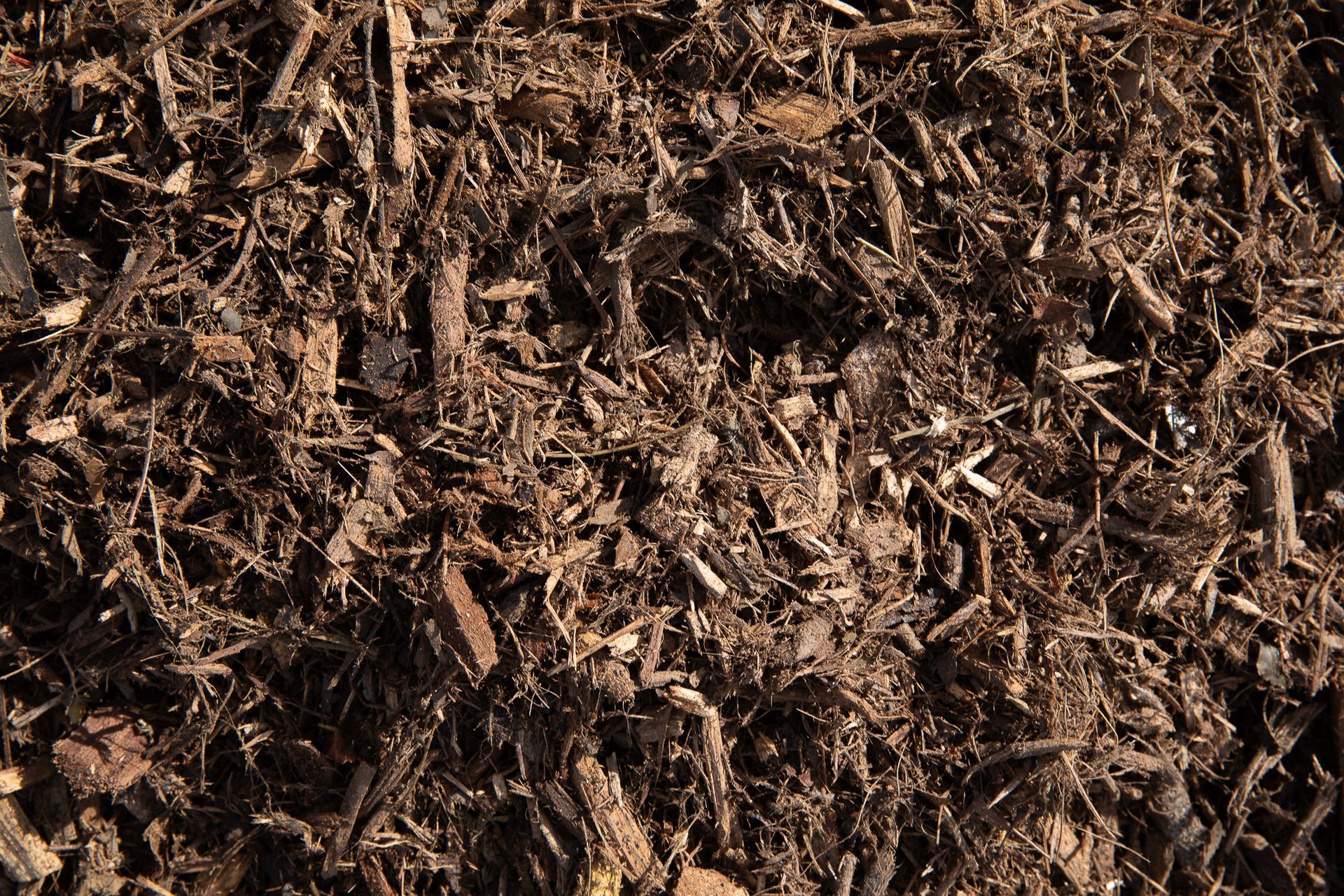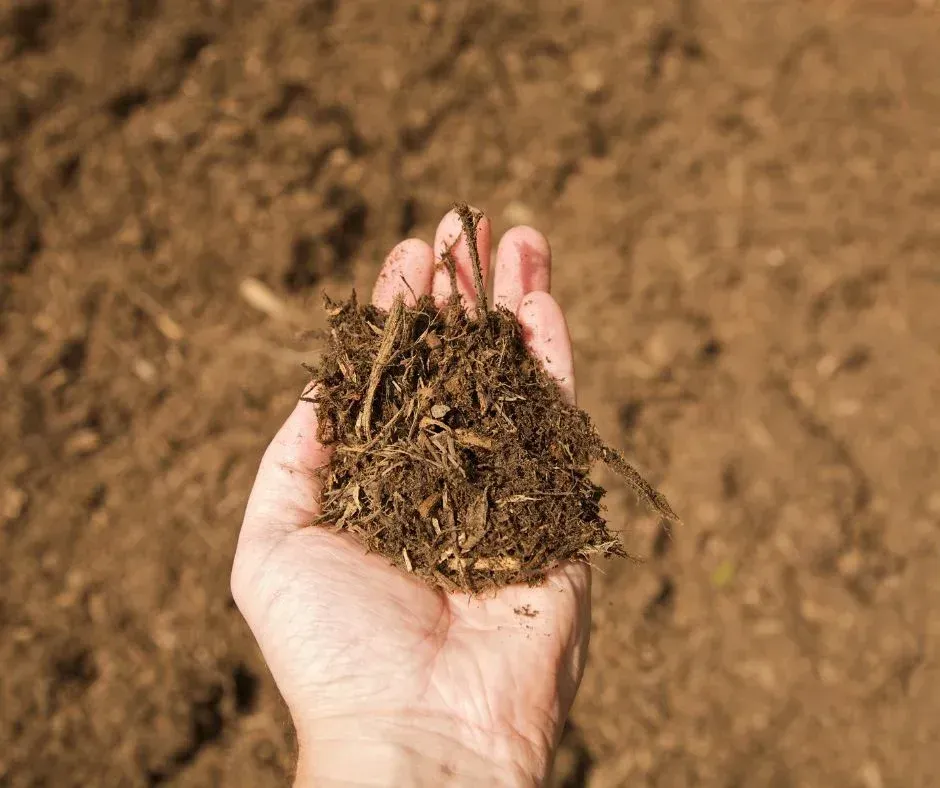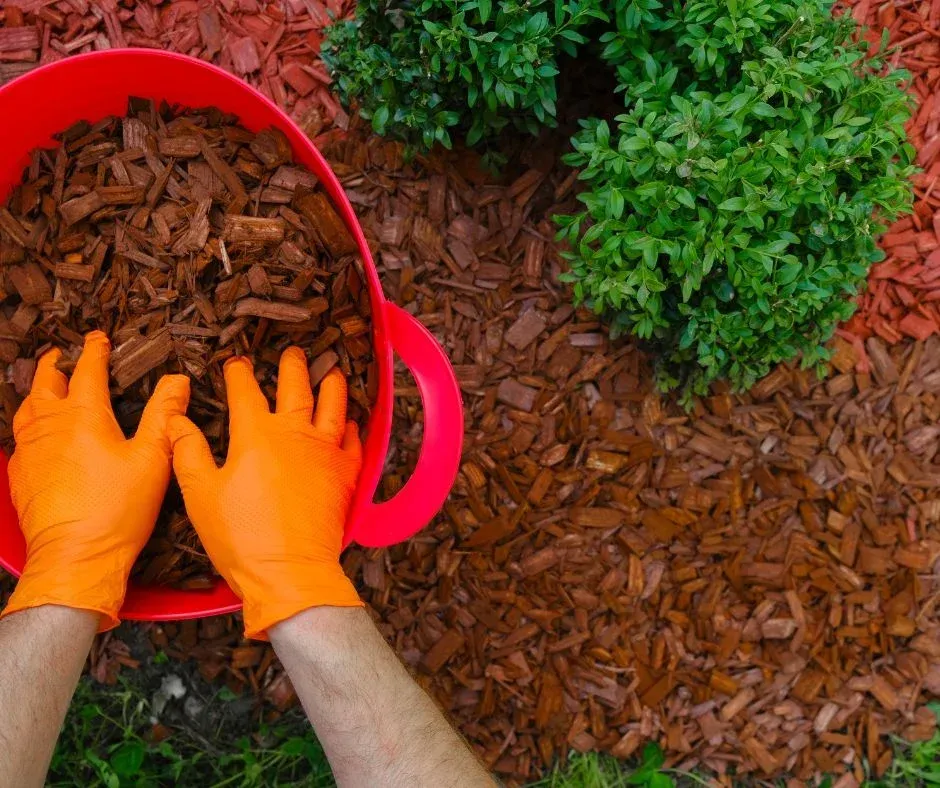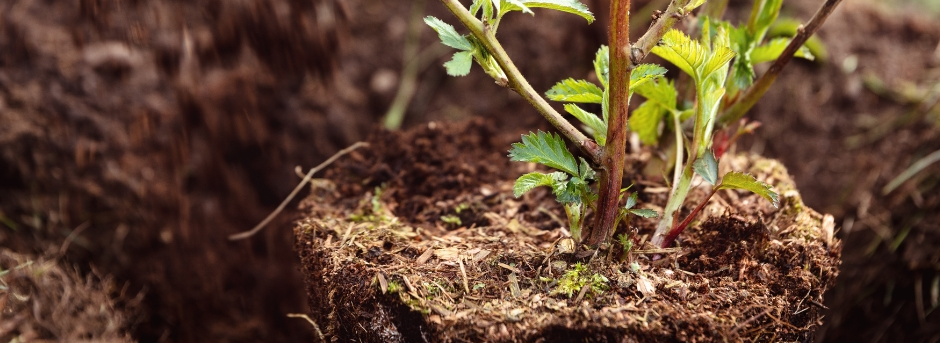The Benefits of Using Crushed Rock in Your Landscape Design
Crushed rock is a versatile and durable material that can transform the look and functionality of any landscape. Crushed rock offers numerous advantages, whether you're designing a low-maintenance garden, creating pathways, or building hardscape features. In this blog post, we’ll explore the key benefits of using crushed rock in your landscape design, such as its durability, low maintenance requirements, and aesthetic appeal. We'll also highlight real-world examples of successful landscaping projects that have utilized crushed rock effectively.
1. Durability
One of the standout benefits of using crushed rock in landscape design is its durability. Unlike organic materials like wood mulch or grass, crushed rock is highly resistant to weather conditions, erosion, and the wear and tear of foot traffic. This makes it ideal for pathways, driveways, and high-traffic areas.
- Long-Lasting: Crushed rock doesn’t decompose over time, unlike organic mulch, which requires regular replenishment. Once installed, it can last for years with minimal upkeep.
- Weather Resistant: It holds up well in both wet and dry climates, resisting water runoff and helping to prevent soil erosion. Its durability ensures it maintains its structure, even after heavy rains or scorching heat.
2. Low Maintenance
Crushed rock is a low-maintenance option that significantly reduces the time and effort required to care for your landscape. Once laid down, it needs little attention compared to lawns, flower beds, or other landscape features.
- Weed Control: When installed properly with a weed barrier underneath, crushed rock suppresses weeds by blocking sunlight, reducing the need for chemical weed control or regular weeding.
- No Watering Required: Unlike grass or plants, crushed rock doesn’t need watering, making it an excellent choice for drought-prone areas or homeowners looking to reduce water usage.
- Minimal Upkeep: Crushed rock doesn’t need mowing, trimming, or regular fertilizing. Occasionally, you may need to rake it to smooth the surface; otherwise, it remains largely maintenance-free.
3. Aesthetic Appeal
Crushed rock comes in various colors, sizes, and textures, allowing you to customize the look of your landscape. From sleek and modern designs to rustic, natural settings, a crushed rock option fits any style.
- Color Variety: Crushed rock is available in shades ranging from earthy browns and grays to striking whites and vibrant reds. This versatility lets you complement or contrast your existing landscape design.
- Texture and Size Options: You can choose from fine gravel for smooth walkways, larger stones for decorative borders, or a mix of sizes to create texture and visual interest.
- Complementing Plants: Crushed rock pairs beautifully with xeriscaping or drought-tolerant plants like succulents, cacti, or ornamental grasses. It provides a clean and modern backdrop that enhances the natural beauty of the plants without competing for attention.
Conclusion
Crushed rock is a durable, low-maintenance, and visually appealing option that can elevate any landscape design. Whether you're looking to create a long-lasting pathway, reduce maintenance in your garden, or add texture and contrast to your outdoor space, crushed rock offers a range of benefits that make it an excellent choice for residential and commercial landscapes. You can achieve a beautiful, sustainable, and functional outdoor space with minimal effort by incorporating crushed rock into your design.
If you're ready to explore the possibilities of using crushed rock in your landscape, contact North County Supply for expert advice and high-quality materials to start your next project!
